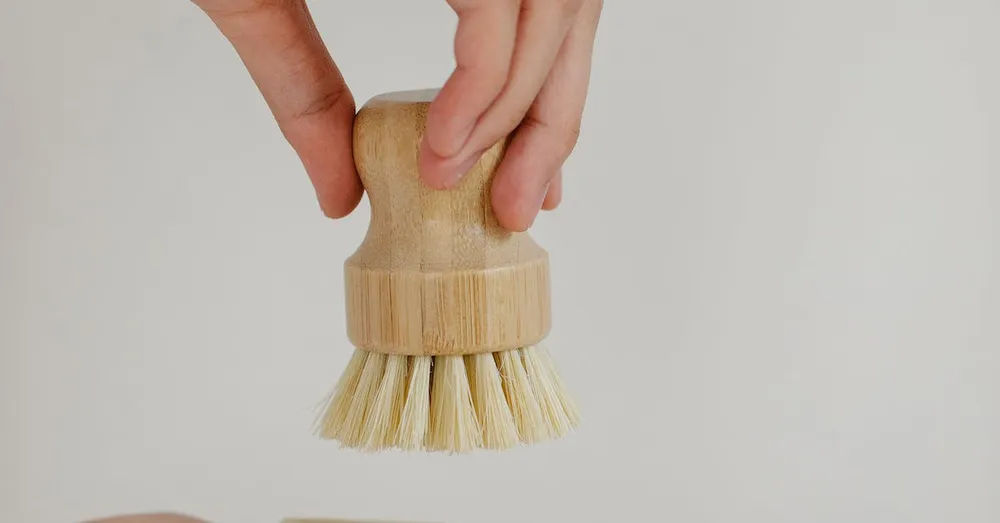
Stress is a common problem that affects many people in today's fast-paced world. It can make it difficult to focus, be productive and get things done. But it doesn't have to be this way. By incorporating certain daily habits into your routine, you can increase your productivity and reduce your stress levels. Here are 12 daily habits that can help you get more done with less stress.
- Wake up early. Waking up early in the morning can help you start your day with a clear head and a sense of accomplishment. When you wake up early, you have more time to get things done before your day gets busy. Plus, the early morning hours are often the most productive time of the day.
- Plan your day. Before you start your day, take a few minutes to plan out what you need to accomplish. This can help you stay focused and organized, and ensure that you don't waste time on unimportant tasks.
- Prioritize your tasks. Once you have a plan for the day, prioritize your tasks. Focus on the most important tasks first and tackle them one by one. This will help you stay on track and prevent you from getting overwhelmed.
- Take breaks. Taking regular breaks throughout the day can help you recharge and stay focused. Whether it's a short walk, a quick yoga session, or a cup of tea, taking a break can help reduce stress and improve productivity.
- Practice mindfulness. Mindfulness is the practice of being present in the moment. It can help you focus on the task at hand, reduce stress, and improve your overall well-being. Try incorporating mindfulness techniques such as meditation or deep breathing into your daily routine.
- Exercise regularly. Regular exercise is an excellent way to reduce stress and improve productivity. Not only does it release endorphins, which are natural mood boosters, but it also helps improve focus and concentration.
- Eat a healthy diet. Eating a well-balanced diet can help improve your overall health and well-being. Make sure to include plenty of fruits, vegetables, and whole grains in your diet to keep your energy levels up and reduce stress.
- Get enough sleep. Sleep is essential for good health and productivity. Aim to get 7-8 hours of sleep each night to help reduce stress and improve your focus and concentration during the day.
- Stay organized. Being organized can help reduce stress and improve productivity. Make sure to keep your work space clean and tidy and use a planner or calendar to keep track of your tasks and appointments.
- Stay connected. Maintaining connections with friends and family can help reduce stress and improve overall well-being. Make sure to take time each day to connect with loved ones, whether it's through a phone call, text, or in-person visit.
- Set boundaries. Setting boundaries can help reduce stress and improve productivity. Learn to say no to tasks and activities that aren't important or that will take up too much of your time.
- Take time for yourself. Lastly, make sure to take time for yourself each day. This can be as simple as reading a book, taking a bubble bath, or going for a walk. Taking time for yourself can help reduce stress and improve your overall well-being.
Incorporating these daily habits into your routine can help you increase your productivity and reduce your stress levels. Remember to be patient with yourself and try to stay consistent. It may take some time to see the results, but with practice and perseverance, you can learn to get more done with less stress.
In addition to the daily habits mentioned above, there are several other strategies that you can use to get more done with less stress. One of these strategies is to break down large tasks into smaller, more manageable chunks. This can help you focus on one task at a time, and avoid feeling overwhelmed. Another strategy is to set realistic goals for yourself. Make sure that your goals are specific, measurable, and attainable, and that you have a clear plan for achieving them.
Another important strategy is to learn to manage your time effectively. This can involve setting a schedule for yourself, and sticking to it as closely as possible. It can also involve learning to prioritize your tasks, and focusing on the most important ones first. Additionally, learning to manage your time effectively can involve learning to say no to tasks and activities that aren't important or that will take up too much of your time.
Another key strategy for getting more done with less stress is to learn to manage your stress levels effectively. This can involve learning to identify the sources of your stress, and developing strategies for dealing with them. For example, you may need to learn to be more assertive, or to develop better time management skills. Additionally, you may need to learn to relax and de-stress, through techniques such as yoga, meditation or deep breathing.
It's also important to remember that stress and productivity are closely related. When you're feeling stressed, it can be difficult to focus and get things done. However, by practicing good stress management techniques, you can reduce your stress levels, and improve your productivity.
In conclusion, getting more done with less stress is possible. By incorporating the daily habits and strategies mentioned above, you can increase your productivity and reduce your stress levels. Remember to be patient with yourself, and try to stay consistent. It may take some time to see the results, but with practice and perseverance, you can learn to get more done with less stress.
Комментарии
Отправить комментарий